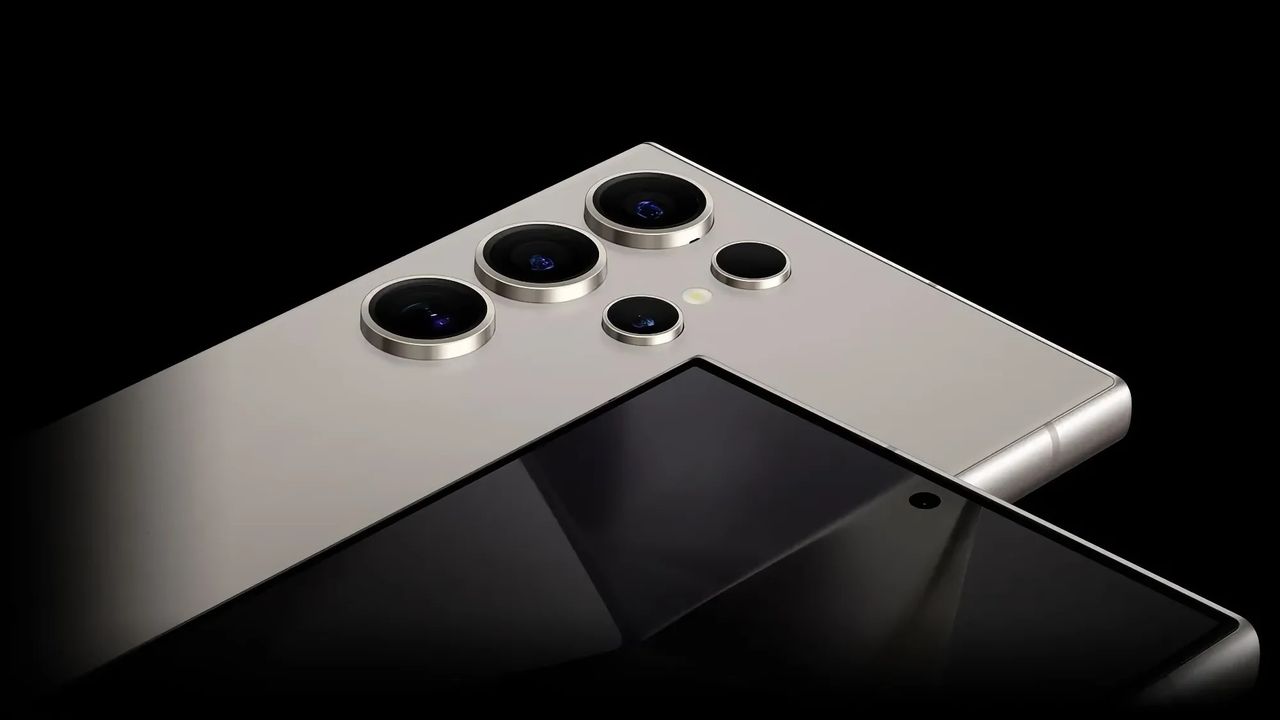The convenience of voice control in our cars has become increasingly prevalent, with Google Assistant playing a significant role. But recent whispers and subtle hints are suggesting that the dedicated car microphones designed for Google Assistant might be facing an uncertain future. Are we about to witness the sunset of this technology? This article delves into the “who, what, when, where, and why” surrounding this potential shift, exploring the possible reasons, the implications for drivers, and what the future of in-car voice control might look like.
The Rise and Stall of In-Car Google Assistant
Google Assistant’s integration into vehicles promised a seamless, hands-free experience for navigation, entertainment, and communication. The dedicated car mics were designed to optimize voice recognition in the noisy car environment, ensuring that your commands were heard loud and clear. But the initial excitement seems to have plateaued. While some manufacturers embraced the technology, others opted for their own voice assistants or focused on integrating Android Auto and Apple CarPlay, which often have their own voice control capabilities.
Whispers of Change: Deciphering the Clues
While Google hasn’t explicitly announced the discontinuation of car mics, several indicators point towards a possible change in strategy.
- The Rise of Integrated Systems: Many car manufacturers are now focusing on developing their own comprehensive infotainment systems, which often include their own voice assistants. These systems aim to provide a more integrated experience, potentially reducing the need for separate Google Assistant microphones.
- Android Auto’s Growing Influence: The increasing popularity of Android Auto, which allows users to project their smartphone interface onto the car’s screen, could be impacting the demand for dedicated Google Assistant mics. Android Auto already leverages the user’s phone for voice control, making a separate car mic redundant in many cases.
- Cost Considerations: Manufacturing and integrating dedicated microphones adds to the cost of the vehicle. As alternative solutions become more prevalent, manufacturers might be looking to streamline costs by phasing out these specialized components.
- Focus on Software Solutions: Google might be shifting its focus from hardware to software solutions, improving the voice recognition capabilities of Android Auto and other integrated systems to work effectively even without dedicated microphones.
The Impact on Drivers: What to Expect
If dedicated Google Assistant car mics are indeed phased out, how will it affect drivers?
- Potential for Reduced Reliability: In the short term, drivers might experience slightly less reliable voice recognition, especially in noisy vehicles or when using older Android Auto versions.
- Increased Reliance on Smartphones: Drivers might need to rely more on their smartphones for voice control, particularly if their car’s built-in system is limited.
- Evolution of Integrated Systems: In the long run, we can expect car manufacturers to develop more sophisticated and integrated infotainment systems with improved voice control capabilities, potentially minimizing the need for external solutions.
- A Shift in User Experience: The user experience might change slightly, with drivers potentially interacting more with their phone’s interface for voice-related tasks.
The Future of In-Car Voice Control: What Lies Ahead?
While the future of dedicated Google Assistant car mics remains uncertain, the broader trend of in-car voice control is here to stay.
- AI-Powered Enhancements: We can expect significant advancements in AI-powered voice recognition, making in-car voice assistants more accurate and responsive, even without dedicated hardware.
- Integration with Smart Home Devices: Future in-car voice systems will likely become even more integrated with smart home devices, allowing drivers to control their home environment from their car.
- Personalized Voice Experiences: Voice assistants will become more personalized, adapting to individual driver preferences and learning their habits.
- Contextual Awareness: In-car voice assistants will become more contextually aware, understanding the driver’s intentions based on their location, time of day, and other relevant factors.
The potential phasing out of dedicated Google Assistant car mics represents a natural evolution in the world of in-car technology. While the immediate future might bring some minor adjustments, the long-term outlook for in-car voice control is bright. As AI and software continue to advance, we can expect even more seamless and intuitive voice experiences in our vehicles, regardless of the hardware used. The focus is shifting from dedicated hardware to smarter software, and that’s a trend that will likely benefit users in the long run.



















